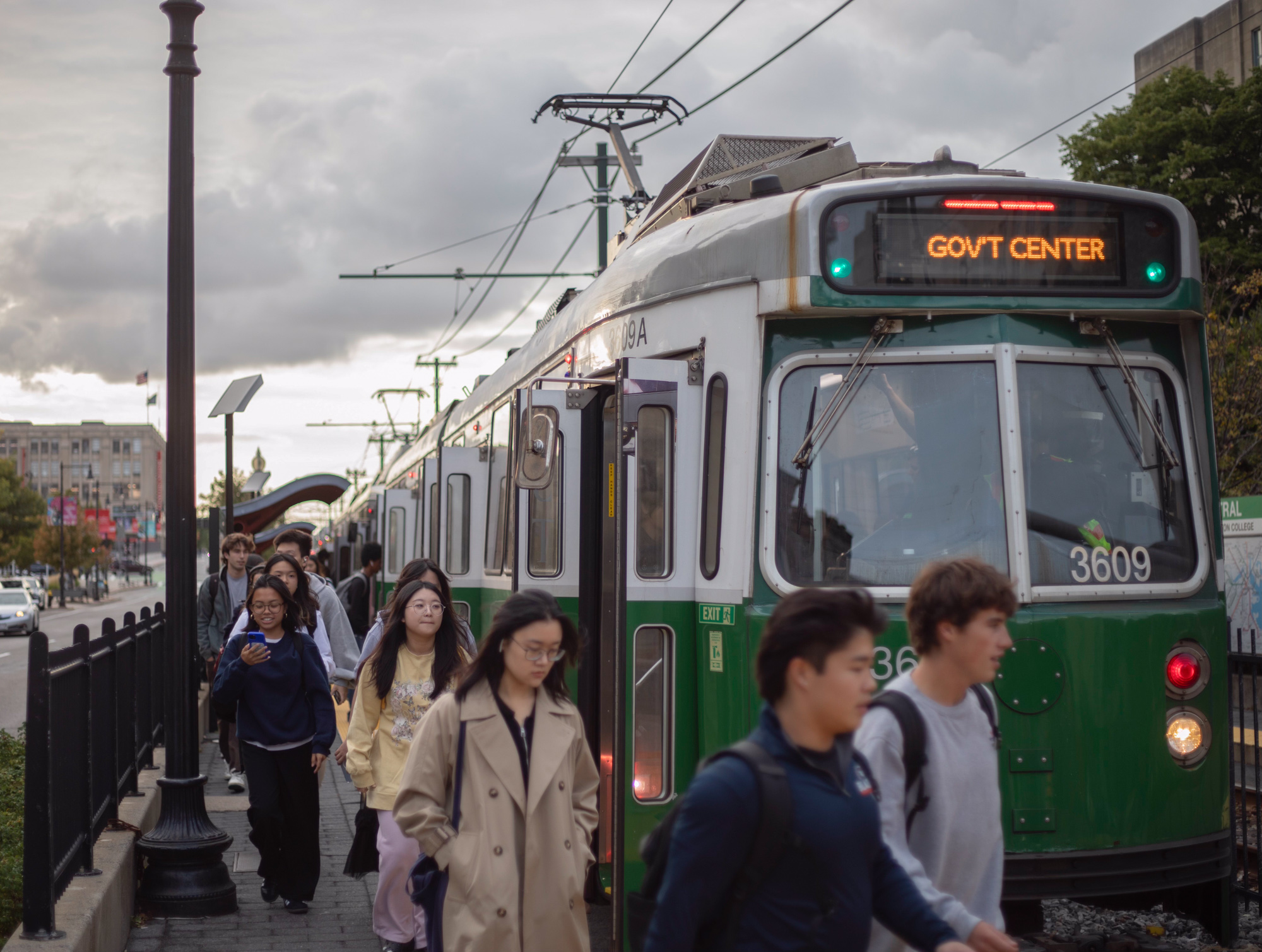The Riders’ Transportation Access Group announced plans to connect Boston’s biking and disabled communities, as well as plans for increased boarding and paying efficiency on buses and trolleys, at its advisory meeting on Thursday.

RTAG Facilitator Katarina Torres Radisic announced that RTAG received a $25,000 grant from Transportation for Massachusetts, a statewide coalition focused on improving Massachusetts transportation systems, “to complete a project that will bridge together the biking and disability communities.”
Torres Radisic said the riders in the disability community have expressed concerns about having to cross bike lanes to board buses.
“We have been hearing about this issue a lot in the past several years, and it’s become a major concern of ours since last year,” Torres Radisic said.
The project will focus on creating a working group between members of both the disability and biking communities to carry out some projects, Torres Radisic said, including research into biking incidents and in-person panels.
RTAG also discussed the MBTA’s rollout of “all-door boarding” for its light rail system, including the Green Line. This includes expanding contactless payment to every door of MBTA train cars.
Sanja Stegich, senior project coordinator of policy and strategic planning for the MBTA, said riders will no longer have to line up at the front door of the train to tap their CharlieCards on the fare box.
“Many customers, particularly the ones that don’t need boarding assistance, will be able to board through any door, quickly pay at the new fare readers that have been installed very recently and get comfortable,” Stegich said.
This policy is meant to mitigate boarding issues and expedite bus and trolley trips, which will make the T more efficient for both riders and workers, Stegich said. To facilitate this change, the MBTA hired a new team to ensure riders acclimate to the new system and to enforce fares.
Stegich said the team is currently in training, covering topics such as accessibility and respectful treatment toward riders with disabilities. In addition, members will learn how to promote youth engagement, de-escalation and cultural competency, since all team members are bilingual.
The new team will be deployed to the seven Green Line Extension stations on Oct. 7. There will be a roughly six-month transition period before the MBTA announces publicly to riders that the new teams will begin enforcing fare payments.
Stegich said there is potential for unintentional payment through the contactless screens if passengers lean too close to them but added that the MBTA website or customer service will refund any accidental purchases.
Stegich suggested riders be aware of where the fare readers are, especially if they board a crowded train, and move their bags away from them so the readers can’t reach them.
“It’s going to take time for both the MBTA to figure out some alternative ways to deal with the situation but also for our riders to get accustomed to living in this shared space with these readers,” Stegich said.
The next RTAG public advisory meeting will be held on Oct. 24 at 5:30 p.m.






















































































































